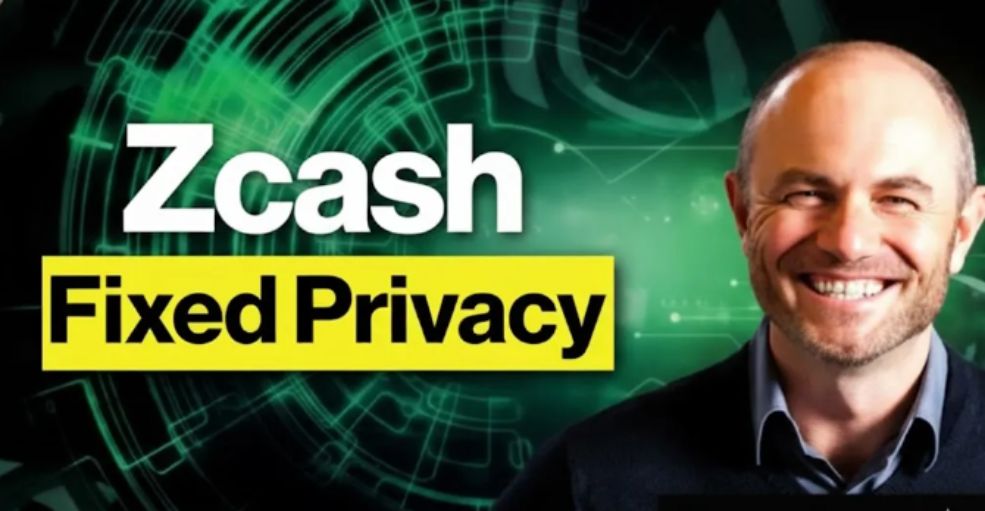Vitalik Buterin Makes New Proposal to Enhance Ethereum’s Neutrality
Ethereum developer Ameen Soleimani warned that FOCIL could expose validators and developers to prosecution under US sanctions law.
Ethereum co-founder Vitalik Buterin is urging the network’s community to tighten safeguards around its neutrality. He warns that relying too heavily on a few block builders could leave the blockchain exposed to censorship risks.
In an August 22 post on X, Buterin outlined three steps to limit centralization pressure. He proposed enhancing the public mempool to prevent transaction bottlenecks, developing distributed block-construction systems, and creating fallback channels for transaction inclusion.
Vitalik Buterin Makes Case for FOCIL
He argued that these would ensure that no small group of validators could exert veto power over which transactions make it on-chain.
A central part of the Ethereum co-founder’s vision is a proposal called Fork-Choice Enforced Inclusion Lists (FOCIL).
“The easiest way to understand FOCIL is: instead of choosing one proposer per slot, we choose 17 proposers per slot, where one of those 17 has the special privilege of ‘moving last’ and choosing transaction order,” Buterin said.
According to Buterin, the main proposer still determines the transaction ordering, but the other 16 serve as auxiliary proposers whose selected transactions must appear in the block.
Unlike the lead proposer, these auxiliary participants would not carry the heavy computational workload of full block production. This lighter responsibility makes their role easier to adopt across a wider validator base.
The Ethereum co-founder suggested this design could extend to smart contract wallets and privacy protocols, helping reduce dependence on centralized intermediaries.
“The goal is to prevent a block builder oligopoly from having a veto over transaction inclusion,” he concluded
Legal Arguments Against FOCIL
Buterin’s suggestions were in response to prominent Ethereum developer Ameen Soleimani, who argued that FOCIL could have unintended consequences for validators subject to US regulation.
Soleimani highlighted the example of Tornado Cash, where nearly 90% of validators once avoided processing related transactions. This exclusion slowed settlement from about 15 seconds to over two minutes, but still allowed the transactions to clear eventually.
He argued that this compromise allowed US operators to avoid potential legal liability while ensuring eventual inclusion by others.
According to Soleimani, FOCIL would change that dynamic by forcing validators to include flagged transactions.
He argued that this could expose participants to prosecution. US regulators, he warned, might target validators, attesters, or even developers who design a system that forces such inclusion.
“If I was the US gov, I would actually be 100% in favor of FOCIL. You mean to tell me the ETH validators are all going to be forced to incriminate themselves by validating blocks with sanctioned address txns? Well great, that means I can go after any ETH validator on US soil whenever I want, seize all their ETH, and prosecute them for a sanctions violation,” he argued.
The Ethereum developer also warned that courts are unlikely to recognize distinctions between proposers and auxiliary attesters, leaving all parties vulnerable to enforcement.
Beyond legal liability, Soleimani also questioned the long-term sustainability of FOCIL.
He said the design currently depends on validators acting out of “altruism” to process controversial transactions. However, it offers no clear incentives or safeguards to balance the risks. Without those mechanisms, Soleimani argued, the proposal may prove unrealistic in practice.
Disclaimer: The content of this article solely reflects the author's opinion and does not represent the platform in any capacity. This article is not intended to serve as a reference for making investment decisions.
You may also like
Ethereum : JPMorgan signs a strategic $102M investment

Meta reportedly earned about $16 billion in 2024 from a massive amount of scam ads

Polkadot Weekly Report | Polkadot Hub launches user growth plan! Hydration TVL surpasses $250 millions!

